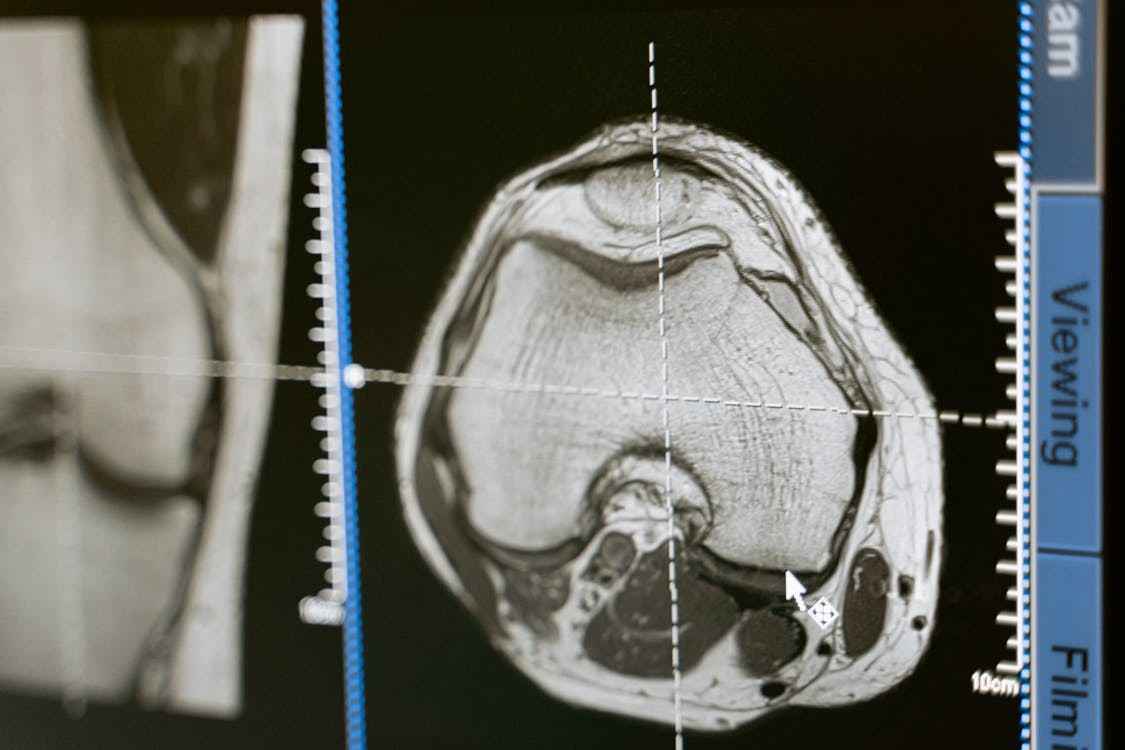In the modern world of tech, speed and efficiency are everything. Faster companies tend to win while those with protracted design cycles risk falling behind. That's where Octavo Systems enters the picture. With a simple goal to simplify electronic design for Embedded Engineers, the Octavo team enables companies to take complex designs and turn them into clean, reliable, production-ready products.
Octavo’s System-in-Package (SiP) technology is central to this mission: a revolutionary method for combining elements in a new form factor. With veteran innovators and engineers from Octavo Systems leading the way, many alumni of Texas Instruments, this technology is now within reach of companies everywhere from startups and multinational corporations alike.
Let’s explore how Octavo streamlines electronics, why SiP matters, and why teams building everything from consumer devices to robotics rely on Octavo to move faster.
What is System-in-Package (SiP)?
In the old days, engineers had to source, tether, and tie together a veritable Noah's Ark of separate components—processors, memory, power modules, and so on—onto a circuit board. It was a slow, painful, expensive journey with risks at every turn.
Octavo’s patented System-in-Package (SiP) designs are a game changer: dozens of complex chips, power management, DDR, and passives are incorporated into a single package. Now, picture a tiny computer all embedded on a coin-sized chip. That's the power of Octavo’s SiP technology.
For customers, the upsides are clear:
● Simpler design: Fewer elements to source and fewer to be coupled.
● Smaller footprint: Things get smaller and more efficient.
● Reduced time-to-market: Octavo handles the integration, not the customer.
● Cost-effective: Less time spent in design and fewer missed opportunities.
In other words, Octavo SiPs allow engineering teams to spend more time innovating and less time managing the headaches of complex integration.
Real-World Impact: Helping Startups Compete
One example of Octavo’s impact is Chaos Audio, a startup embedding components to create a single guitar pedal capable of hundreds of different effects into a single pedal. Chaos Audio needed to be nimble and inexpensive to compete with much bigger companies. Using one of Octavo's standard SiPs avoided the painful requirement of sourcing dozens of parts.
Rather than navigating complex distribution, they prototyped quickly and scaled up production as demand increased—without having to bet on massive amounts of upfront inventory. This was enough to give them a fighting chance in a competitive field.
Octavo’s vision of simplifying electronics means giving small innovators the same advantages as industry leaders.
Solving Integration Challenges
Not every customer is a billion-dollar company. Companies of all sizes need hands-on help to realize their vision. Octavo is the "easy button" for those companies, solving their integration problems and guiding them from concept to market with off the shelf solutions or even fully customized solutions
This is more than technology delivery—it’s a peace-of-mind partnership. Customers trust Octavo to quickly prevent issues through an intensive QA process—as well as act as experts on embedded hardware or software—so teams avoid burnout and stay focused on building.
Staying Ahead of Industry Trends
Electronics and semiconductors evolve quickly. Octavo closely follows reports from Customers, 3rd party analysts like Gartner, McKinsey, and Forrester, along with leading semiconductor publications to deliver the finest SiP solutions for emerging applications.
This continuous learning helps identify market shifts (e.g., AI at the edge) and technical advances (e.g., ARM-based processors and modern PCB design), keeping Octavo’s products relevant and forward-looking.
Working with Industry Leaders
Octavo partners with industry leaders: Texas Instruments (TI), STMicroelectronics, and AMD. Octavo SiPs feature processors such as STM32MP1, AM62x, and AM335x—enabling compact, powerful edge-computing platforms.
Not every customer wants to start from bare metal; Octavo provides enablement that translates heterogeneous compute and integrated connectivity into clear, customer-ready benefits.
SiP vs. SoC vs. MCM: What's the Difference?
● System-on-Chip (SoC): Everything on a single die; highly optimized but costly to design and less flexible.
● Multi-Chip Module (MCM): Multiple chips in one package; useful, but typically less integrated than modern SiPs.
● System-in-Package (SiP): Multiple dies plus memory, power, and supporting components in a compact, production-ready module.
● For most customers, SiPs are the sweet spot—flexible, reliable, and fast to market without a massive custom SoC investment.
Development Boards: The Lifeblood of SiPs
To simplify design and deployment, Octavo offers development boards (e.g., OSD32MP1-RED) that let teams test ideas, validate performance, and prototype quickly.
These boards deliver:
● Fast boot and integration.
● Compatibility with existing software ecosystems.
● Simpler PCB design than discrete equivalents.
● Practical, application-ready examples.
Hands-on demos turn abstract technology into tangible early-stage prototypes.
Standard vs. Custom Products
Octavo provides both off-the-shelf SiPs and custom solutions.
Standard products serve teams that prioritize proven reliability and speed to market.
Custom offerings address specific needs—specialized memory, environmental hardening, or high-volume production.
The choice depends on cost, risk, schedule, and scale; Octavo guides clients to the right fit.
Power and Thermal Design: Built-In Confidence
Power delivery and heat management are critical in highly integrated systems; without care, performance and scalability suffer.
Octavo addresses this upfront. Proprietary approaches integrate power and thermal considerations—delivering features like PPPU—so customers don’t have to worry about DDR routing, thermal design, or stability. That reliability is essential for long-lifecycle markets such as industrial and automotive.
Simplifying PCB Design
By combining memory, power, and supporting devices into a SiP, Octavo dramatically simplifies PCB design. This means:
● Smaller boards with fewer layers.
● Faster design cycles.
● Fewer points of failure.
● Lower costs overall.
In short, engineers spend less time wrangling board design and more time innovating.
Applications Across Industries
Here are a few representative use cases:
● AI and edge computing
● Robotics
● Consumer devices
● High-performance control systems
These systems often face high-throughput data, tight power envelopes, and rigorous reliability requirements. Octavo’s SiPs are designed to help teams meet those demands and break through development bottlenecks.
Understanding Customer Needs
When Octavo engages a new customer, the team begins by asking three critical questions:
● What is the application and market you are targeting?
● What are your major constraints (size, power, cost, performance)?
● When are you looking to prototype and release?
These discussions help align the right solution with the customer’s technical goals and business timeline.
Octavo Systems is more than just a silicon company. It's a trusted partner helping creators remove electronics complexity, lower risks, and get products to market faster. With System-in-Package, Octavo does the heavy lifting of integration, so customers can do what they do best: build great products.
Integration at the Speed of Ambition
Whether it’s an early-stage company like Chaos Audio or a large multinational corporation with rigorous requirements, Octavo helps teams bring ideas to market quickly and confidently. By offering advanced embedded systems broadly, Octavo helps catalyze the next wave of innovation.
Simplification of board design is not just a luxury in the high-stakes world of electronic product design; it’s the biggest lever you can pull to gain a competitive advantage. Octavo Systems continues to lead the charge.
-black.png)










